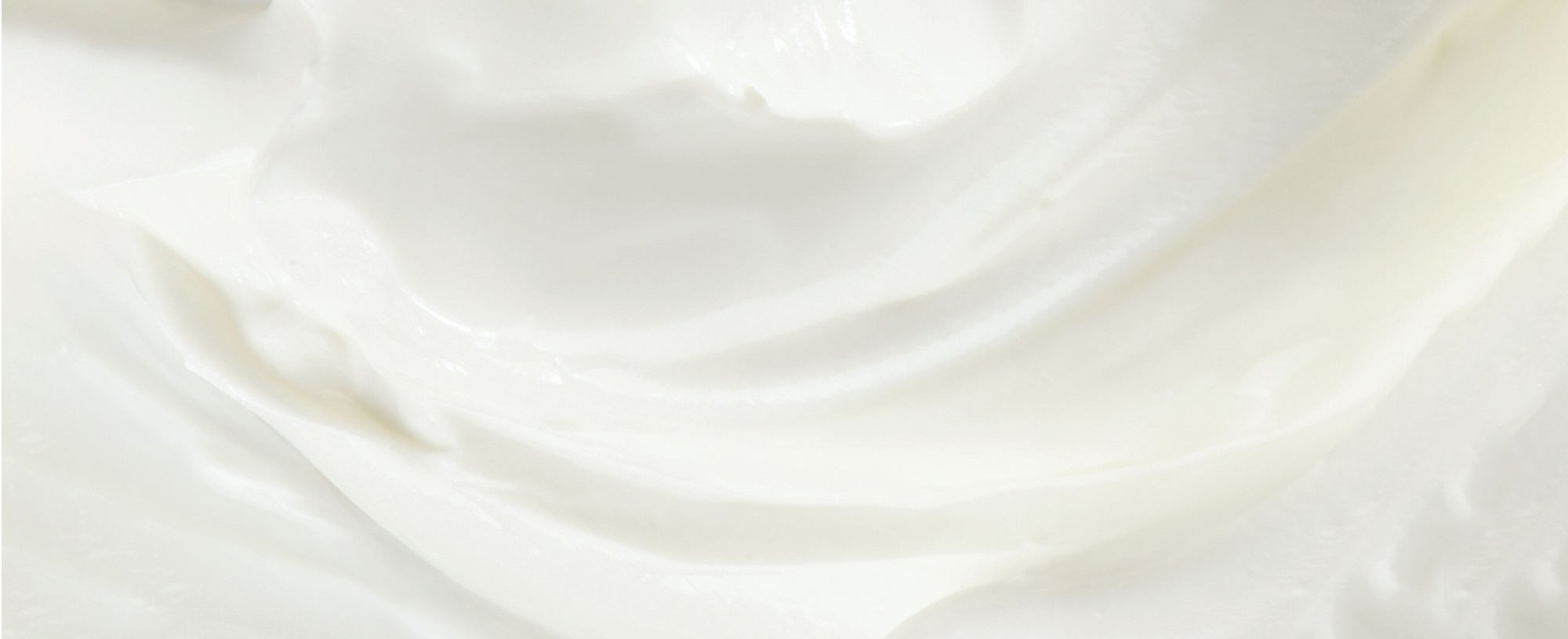In your quest for beautiful-looking skin, chances are you rely solely on your skin care routine to get the job done. And while skin care products are a great place to start, these days, more people are taking things to the next level with the help of vitamins, both via supplements and skin care products. There are plenty of vitamins that claim to give your skin TLC, including vitamin A, vitamin C, and vitamin E. But what about vitamin K? To keep you ahead of the skin care game, it’s only right that we put some of the noteworthy vitamin K benefits on your radar. With so much information out there about it, we’re sure you’re itching to get all the tea about this buzzy ingredient. Keep reading for the full scoop!
WHAT IS VITAMIN K?
According to the National Institutes of Health (NIH), vitamin K is a fat-soluble vitamin that is known to help the body make proteins needed for normal blood clotting and maintaining healthy bone metabolism when taken orally. Composed of a family of compounds including phylloquinone and menaquinones, it’s naturally present in foods such as green leafy vegetables, vegetable oils, and some fruits. It’s also available as a dietary supplement.
WHAT IS VITAMIN K GOOD FOR?
So, what is vitamin K good for? Why are you told to load up on green veggies? Beyond the health benefits noted above, vitamin K is also purported to have certain skin care benefits. Below, find two vitamin K skin benefits that are worth noting.
Benefit #1. Skin aging. Vitamin K, in conjunction with other ingredients, may help play a role in improving visible signs of aging. According to a study from the National Center for Biotechnology Information (NCBI), a gel containing phytonadione (a form of vitamin K1), retinol, and vitamins C and E was tested for its ability to reduce dark under-eye circles and wrinkles on the lower eyelids. Almost half of the studies’ participants saw changes in the appearance of dark circles after eight weeks. Some patients also saw slight changes with noticeable wrinkles.
Benefit #2. Healing. The NCBI conducted another study that revealed vitamin K could be beneficial in skin wound healing based on its antioxidant properties. However, further studies are needed to fully understand the mechanism of how vitamin K plays a role in wound healing.
INCORPORATING VITAMIN K INTO YOUR SKIN CARE ROUTINE
Are you interested in introducing vitamin K to your skin? One of the easiest ways to add this vitamin to your skin care routine is through using a vitamin K cream. Skin care products formulated with vitamin K may help improve the overall appearance of aging skin, so if you’re ready to pull together an anti-aging routine, they may be worth your consideration. While vitamin K isn’t quite as commonly found in skin products as certain trending vitamins, vitamin K creams have received increased attention lately, thanks to the reported benefit of diminishing the appearance of dark circles.
SHOULD YOU TAKE VITAMIN K SUPPLEMENTS?
If you’re interested in vitamin K supplements, consult with your doctor to determine whether it is right for you. Note, however, that the limited research we discussed above on vitamin K skin benefits focused on topical application.
Next: Which Vitamins Should You Incorporate Into Your Skin Care Routine?







